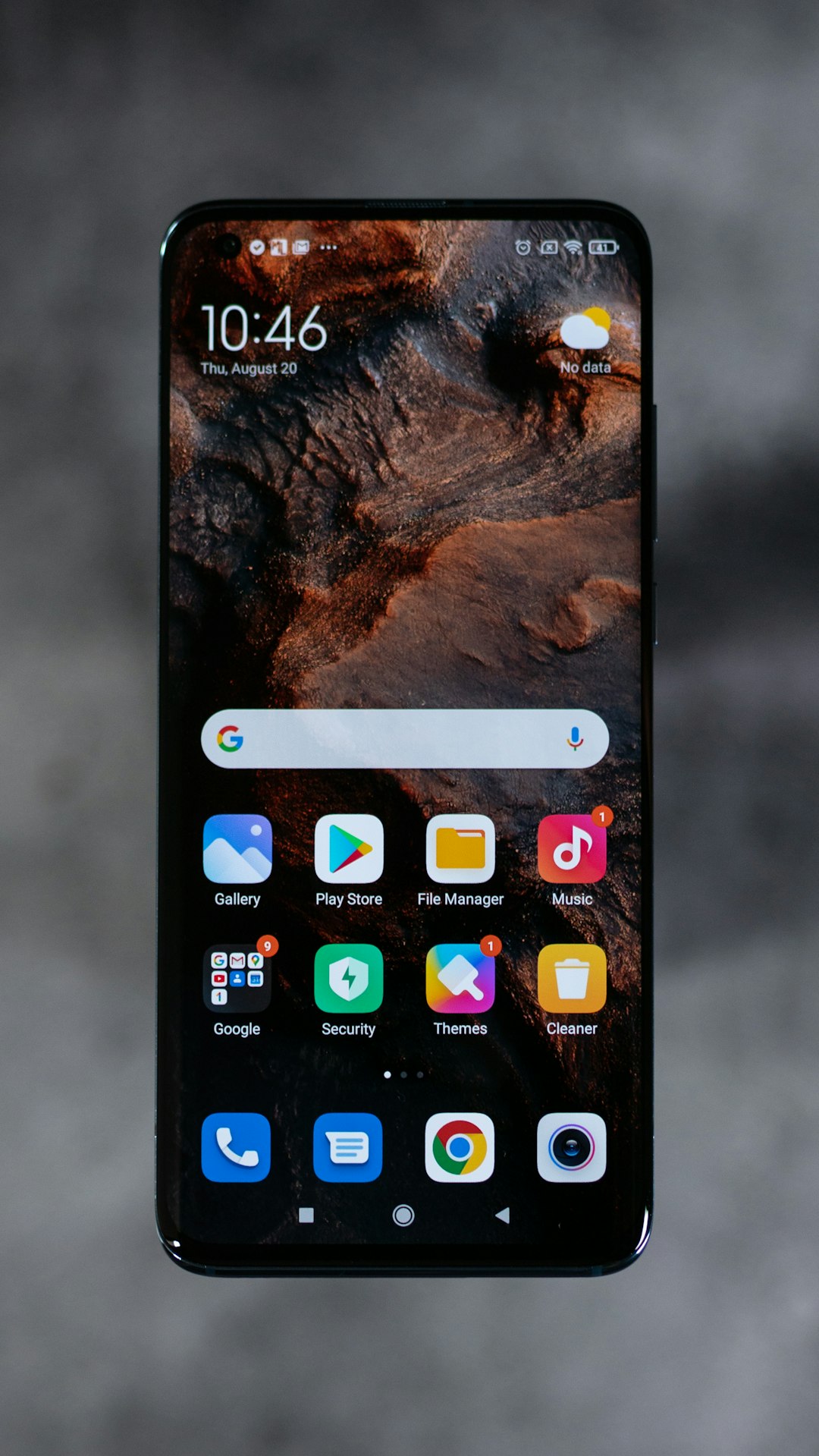Connecticut's Spam Call law firm enforces strict regulations on robocalls and telemarketing. Marketing calls with automated messages require explicit consent, and violations lead to penalties. Cell phone users benefit from increased privacy protection. Spammers adapt, prompting reliance on call-blocking apps like CallHalt, TrueCall, and Hiya. Modern smartphones offer built-in filters and 'do not disturb' modes. Report spam calls via smartphone features or FTC website to aid enforcement of the Spam Call law firm's efforts.
In Connecticut, a strong Spam Call law firm ensures residents’ rights against unwanted telemarketing calls. With robocalls reaching epidemic levels nationwide, Connecticut cell phone users deserve effective protection. This guide explores comprehensive solutions, from top-rated robocall blocking apps for Android and iOS to integrating advanced privacy features on your device. Learn how to report unwanted calls and stay informed about Connecticut’s Spam Call laws to reclaim control of your communications.
Understanding Connecticut's Spam Call Laws

In Connecticut, robocalls and spam calls are subject to specific legal regulations designed to protect residents from unwanted and deceptive telemarketing practices. The state’s Spam Call law firm plays a pivotal role in enforcing these rules, ensuring that consumers’ rights are upheld. According to Connecticut General Statutes § 42-136e, automated or prerecorded telephone calls for marketing purposes are permitted only if the caller has obtained prior express consent from the recipient. This means that businesses must secure explicit permission before initiating such calls, typically through opt-in agreements or subscriptions.
Violations of Connecticut’s Spam Call Laws can lead to significant penalties for offending companies, including fines and legal action. The law firm dedicated to spam call regulations facilitates this enforcement by investigating complaints from residents who receive unwanted calls and taking appropriate measures against violating entities. By understanding and adhering to these laws, Connecticut cell phone users can enjoy greater peace of mind, knowing their privacy is protected from intrusive and nuisance robocalls.
The Rise of Robocalls and Their Impact

In recent years, the surge in robocalls has become a growing concern for many Connecticut residents. These automated phone calls, often from spam call law firms or telemarketers, have inundated cell phones across the state. While some callers promote legitimate products or services, others aim to manipulate vulnerable individuals into making purchases or revealing personal information. The impact of this deluge is significant; it not only disrupts daily life but also poses a serious threat to privacy and security.
Connecticut’s efforts to combat robocalls have been evident through the implementation of the Spam Call law, which aims to protect residents from unwanted phone marketing tactics. As technology advances, so do the methods of these spammers, making it a constant challenge for authorities to keep pace. With the increasing frequency and sophistication of robocalls, Connecticut cell phone users are left seeking effective solutions, such as robust call-blocking apps, to reclaim control over their communication and protect themselves from potential fraud or identity theft attempts.
Top Robocall Blocking Apps for Android/iOS

In today’s digital era, spam calls from robocallers have become a persistent nuisance for folks across Connecticut. But luckily, robust solutions exist to mitigate this problem. Top-rated robocall blocking apps for both Android and iOS devices offer sophisticated technology to identify and block these unwanted intrusions.
Some of the most recommended apps include CallHalt, TrueCall, and Hiya. These applications leverage advanced machine learning algorithms to detect spam calls with impressive accuracy. By integrating directly into your phone’s operating system, they learn from each call, continually refining their filters to keep up with evolving spamming techniques employed by law firms and other entities looking to bypass consumer protections under Connecticut’s Spam Call laws.
Integrating Privacy Features on Your Device

Many modern smartphones come with built-in privacy features designed to help users manage their calls and texts, including options for blocking unwanted robocalls. One effective method is to utilize the device’s call filtering or do not disturb modes. These settings allow you to create custom rules for incoming calls, enabling automatic rejection of identified spam calls from law firms or any other sources.
Additionally, exploring your device’s app store for dedicated robocall blocking apps can offer enhanced protection. These applications often leverage sophisticated algorithms and community-driven databases to identify and block spam, ensuring a quieter, more peaceful experience while protecting your personal information under Connecticut’s Spam Call laws.
Reporting Unwanted Calls: A Step-by-Step Guide

If you’re experiencing a surge in unwanted or spam calls on your Connecticut-based cell phone, it’s crucial to take action and report them. Reporting such calls isn’t just about protecting yourself; it helps enforce Connecticut’s strict Spam Call laws designed to safeguard consumers from harassing phone communications. Here’s a straightforward step-by-step guide:
1. Identify the Caller: Note down the caller ID or use call blocking apps that can automatically log and recognize spam callers.
2. Hang Up Promptly: Don’t engage with the caller. Simply hang up without leaving a voicemail. Many spammers use automated systems that rely on your interactions to confirm active phone numbers.
3. Report the Call: Use the “Report Spam” feature available in most smartphones or visit the Federal Trade Commission (FTC) website to file a complaint online. In Connecticut, you can also report spam calls to the Attorney General’s office, which actively prosecutes violators of the state’s Spam Call laws.
4. Provide Details: When reporting, include the caller’s phone number, your phone number, and any relevant information about the content or frequency of the calls. The more details you provide, the better law enforcement agencies can track and penalize these offenders.






